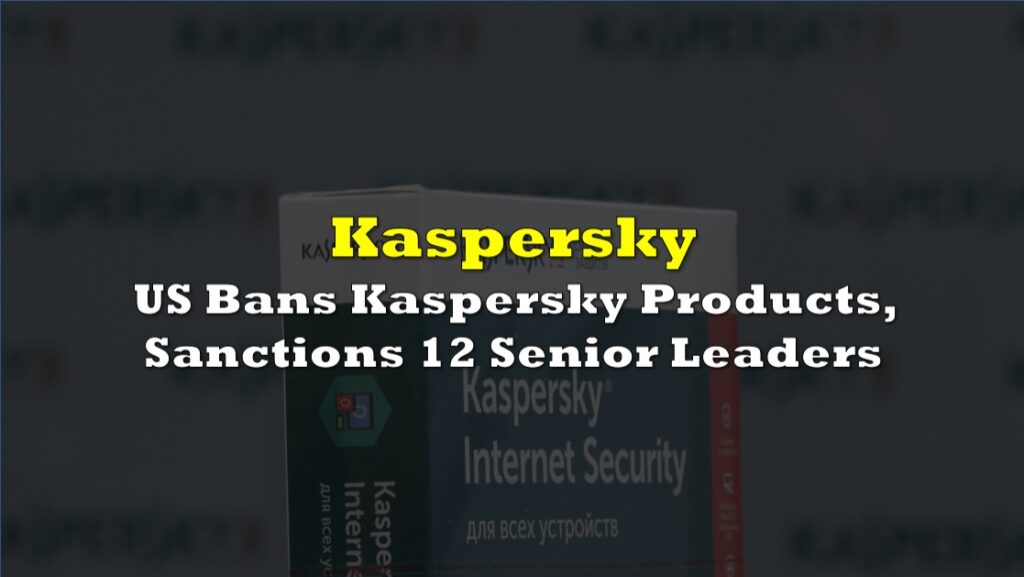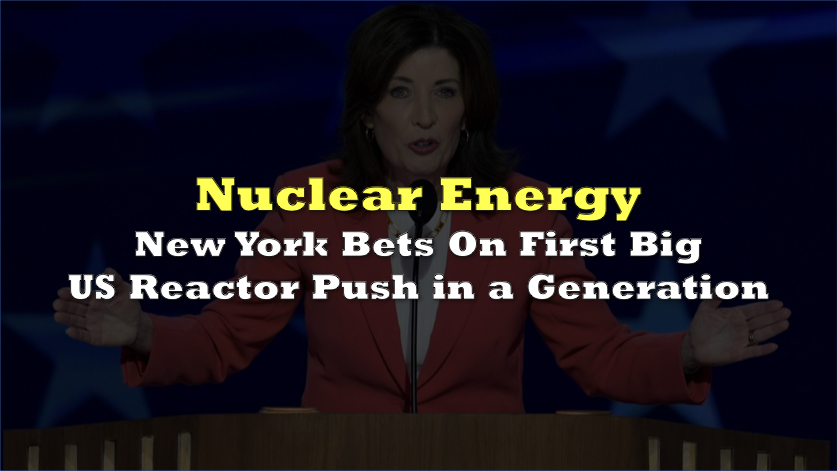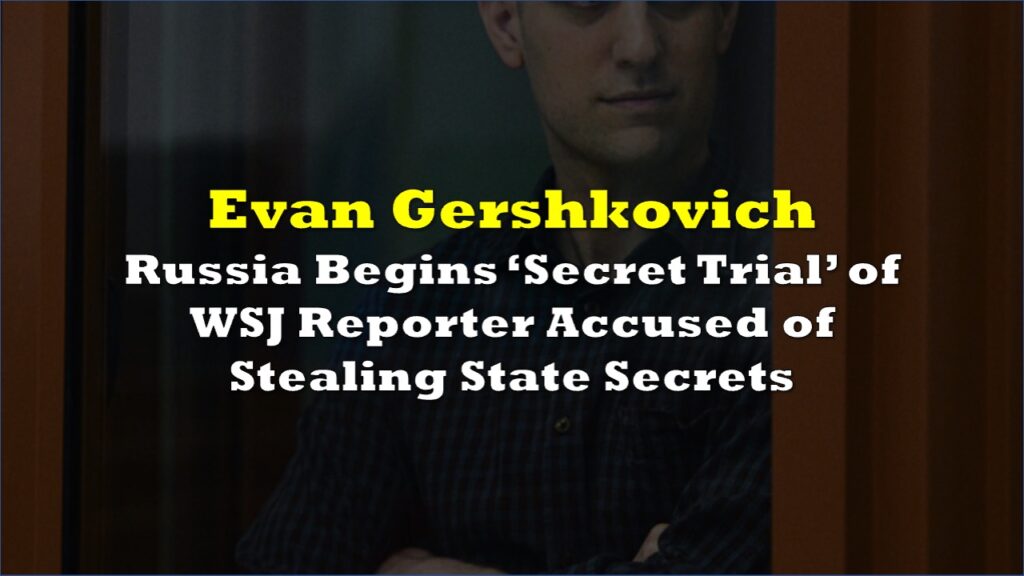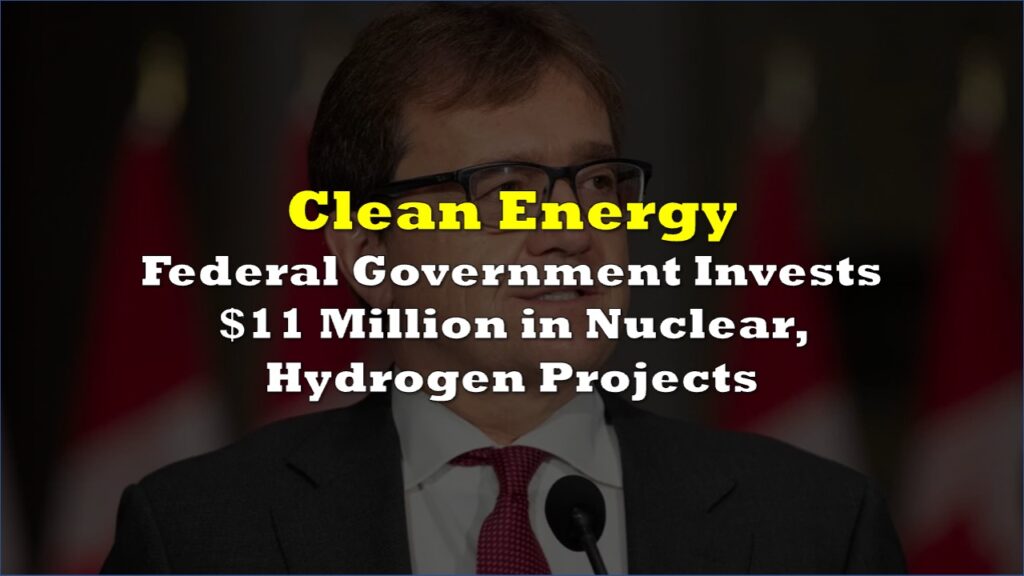The White House has confirmed growing apprehensions over Russia’s development of an anti-satellite weapon, signaling a potential challenge to global space security. The Biden administration disclosed this information after declassifying intelligence, emphasizing the significance of the issue while assuring that it does not pose an immediate threat to American safety.
“I can confirm that it is related to an anti-satellite capability that Russia is developing,” said National Security Council Coordinator for Strategic Communications John Kirby. “We are in the process of engaging with Russia about this.”
“I can confirm it is related to an antisatellite capability Russia is developing…This isn’t an active capability that’s been deployed…There’s no immediate threat to anyone’s safety.”
— The Recount (@therecount) February 15, 2024
— NSC’s John Kirby on GOP House Intel Chair Mike Turner’s “national security threat” warning pic.twitter.com/0ApNboI9mu
The revelation of Russia’s pursuit of an “anti-satellite capability” underscores a significant shift in the geopolitical landscape, raising concerns about the potential ramifications for civilian communications, surveillance operations, and military command systems both in the United States and among its allies. This disclosure, prompted by a member of Congress, sheds light on a development that could fundamentally alter the dynamics of space warfare.
While details of the intelligence remain undisclosed, officials highlighted the looming possibility of Russia deviating from the Outer Space Treaty of 1967, which prohibits the deployment of orbital nuclear weapons. Despite these concerns, officials stressed that Russia’s weaponization of space is not an imminent threat, thus allowing for a window of opportunity to address the issue diplomatically.
The gravity of Russia’s actions is further compounded by the absence of a robust defense mechanism on the part of the United States to counter such a weapon, according to former officials. This vulnerability underscores the urgent need for strategic planning and collaboration among international partners to safeguard vital space assets.
BREAKING: National security threat involves Russia wanting to put nuclear weapons in space, sources say – ABC
— BNO News (@BNONews) February 14, 2024
#BREAKING: ABC – Two sources familiar with the unfolding national security crisis say Russia is moving to put a nuclear weapon into space – not to drop a nuclear weapon onto Earth but to use against satellites
— Jokerman Intel (@JokermanIntel) February 14, 2024
The decision to declassify the intelligence came after Rep. Michael R. Turner, Chairman of the House Intelligence Committee, urged the Biden administration to make the information public. However, this move stirred controversy within Washington, with White House officials expressing frustration over potential repercussions on intelligence gathering.
“Today, the House Permanent Select Committee on Intelligence has made available to all Members of Congress information concerning a serious national security threat,” Turner said in a statement. “I am requesting that President Biden declassify all information relating to this threat so that Congress, the Administration, and our allies can openly discuss the actions necessary to respond to this threat.”
Pres. Biden has been tracking the "serious" national security threat raised by Rep. Turner today & directed NSA Sullivan to engage the Gang of Eight, among other actions he’s directed on the issue, per U.S. officials. The White House was baffled by Turner’s public approach.
— Monica Alba (@albamonica) February 14, 2024
The unfolding situation has reignited debates over the militarization of space, with U.S. military officials warning of Russia and China’s advancements in this domain. The recent disclosure adds a new layer of complexity to these discussions, underscoring the need for a cohesive strategy to mitigate emerging threats in outer space.
“Let me say this, in 12 years of congress I’ve never seen a statement like Mike Turner put out, and I’ve never known Mike to be dramatic or using these serious issues for anything but serious reasons,” said former Rep. Adam Kinzinger posted on X. “If he’s concerned, I’m concerned.”
Let me say this, in 12 years of congress I’ve never seen a statement like Mike Turner put out, and I’ve never known Mike to be dramatic or using these serious issues for anything but serious reasons.
— Adam Kinzinger (Slava Ukraini) 🇺🇸🇺🇦🇮🇱 (@AdamKinzinger) February 14, 2024
If he’s concerned, I’m concerned
Despite the urgency conveyed by some officials, others caution against overreacting to the intelligence, stressing the importance of maintaining a measured response. Representative Jim Himes emphasized the seriousness of the issue while urging for a tempered approach to avoid undue alarm.
The potential ramifications extend beyond immediate security concerns, with experts warning of a possible arms race reminiscent of the Cold War era. Steven Andreasen, a nuclear expert, highlighted the risk of escalating tensions should Russia withdraw from the Outer Space Treaty, setting a dangerous precedent for other nations to follow suit.
One reason why Russia is probably OK with nuking low-Earth orbit is that it has completely lost the race to develop space. It has a tiny fraction of the assets that NASA, Western commercial companies, and China have; and it loses share by the day.
— Eric Berger (@SciGuySpace) February 14, 2024
In response to inquiries about the situation, White House National Security Adviser Jake Sullivan emphasized the multifaceted nature of contemporary threats, affirming the administration’s commitment to safeguarding national security interests. However, Sullivan refrained from providing assurances of absolute safety, acknowledging the complex and evolving nature of global challenges.
Information for this briefing was found via The New York Times and the sources mentioned. The author has no securities or affiliations related to this organization. Not a recommendation to buy or sell. Always do additional research and consult a professional before purchasing a security. The author holds no licenses.









